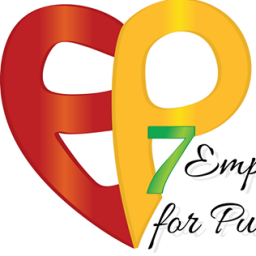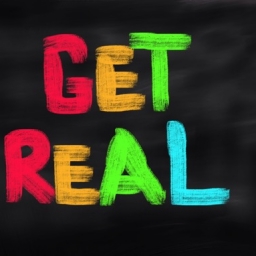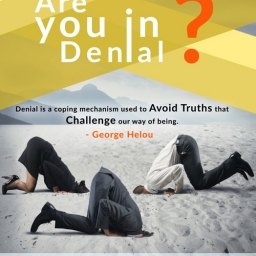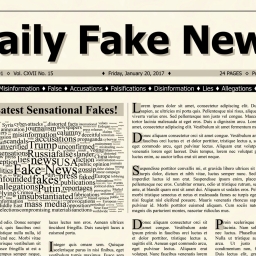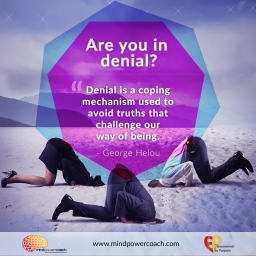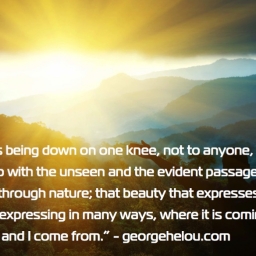If you have not read the Part I of the Denial blog article, you can read it here.

Here is a list of pointers to help you assess if you’re in denial: –
– Are you highly annoyed at certain people? If so, there is a good chance you are too invested in why they are wrong and this has shifted your attention from what you need to change within yourself.
– When you attempt to understand why you are upset, does your mind go blank? This is a classic response when we are emotional attached to the identity of being right. The brain cannot access any perspective outside of your existing point of view so any attempt creates a blankness.
– Your buttons are pushed to easily and you are over sensitive to criticism. When we are insecure to the point where we are blaming, this is when we are at our most defensive and denial of any wrong doing is off the table.
– You don’t want to discuss the issues anymore and justify that others are not getting it. If you find yourself wanting to end communication with someone wanting to engage the issues, there is a good chance you are sensing that a confrontation will weaken your view.
– You have stubborn problems in your life that just don’t get solved. This is a very good indication that you are in the habit of deflecting the reasons of that problem outside of you and this is the main reason why it is not being solved. The mind that creates the problem needs to change.
-Things appear to be going wrong but there are great things happening that keep you from having to confront what is wrong.
We have the ability to distort our reality and that includes diluting the problems and magnifying the good things. While this may be useful in the short term, unaddressed challenges are going to worsen and eventually need much more attention and energy to solve.
5 Things you can do to remove denial
1. Shift your attention to your emotions. Slow it right down and begin to see what circumstances are causing you to struggle emotionally.
2. Reconnect with your worthiness and capability outside of achievements, what you know and being right. Feel yourself soften and feel able to open up to the details of your environment.
3. Ask those outside of you whether they can see what you see and explore how they are making sense of the same environment you are in.
4. Create alone time and sit in the silence. Then observe all the thoughts that come as you attempt to quiet your mind. Pay close attention to the thoughts that are convincing you to feel hard done by and then prepare to separate the assumptions from the truth by going back to those you are struggling with and seeking to understand their intentions.
5. Don’t let someone else in denial distracted you from finding where you may be in denial. Often, someone else being wrong is only one dimension of the problem. Many people can be in denial about he same issues at the same time, so it is rarely a scenario where someone is all right and someone is all wrong.
If you think you’re not someone who is in denial, there is a good chance you’re suffering the worst type of denial. Being in denial of being in denial is like being stuck in a crazy loop. Being in denial is believing you’re right and others are wrong and becoming fanatical against challenging your thinking. We tend to do that a lot once you sit and contemplate it. If you catch yourself in denial, please don’t be hard on yourself. No one is perfect and we are all learning. The last thing you want to do is demotivate yourself from understanding what it was you’re in denial of and set yourself free of it.
I have learned to take the pressure of myself to thinking I have my act together and I can just help others get there act together too. We are all in this game of life together and every frustration or disappointment is an opportunity to address the denial that keeps us thinking, feeling and acting in the same way only to attract the same outcomes.
I know from personal experience that it’s much easier to see denial outside of us. Have you had a friend in denial and you didn’t know how to reach them? What was it like and how did you end up helping them?
George Helou is the founder of EP7 – Empowered for Purpose in 7 Steps. Life Coach, Work Culture Consultant, Author and Motivational Speaker, George has 15 years personal development experience and is based in his Life Coach Perth Office in Subiaco. 08 9380 8350. www.lifecoachperth.com


